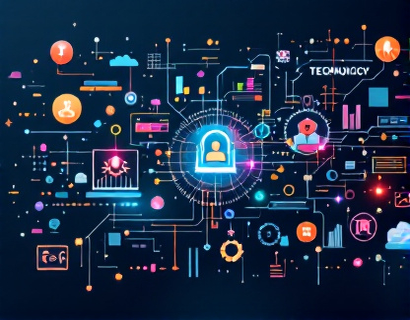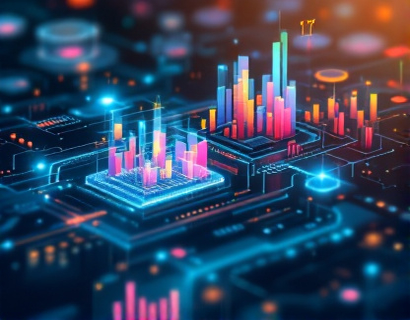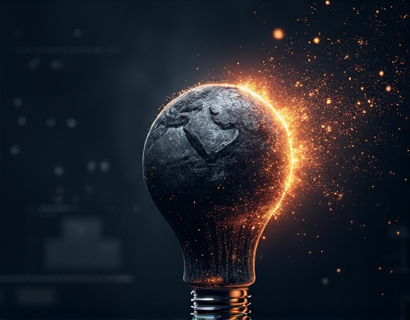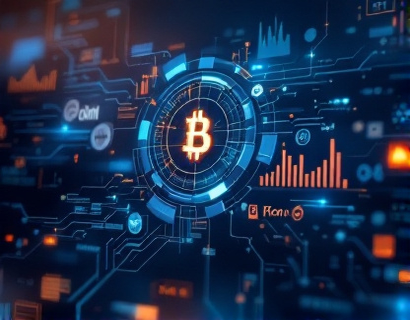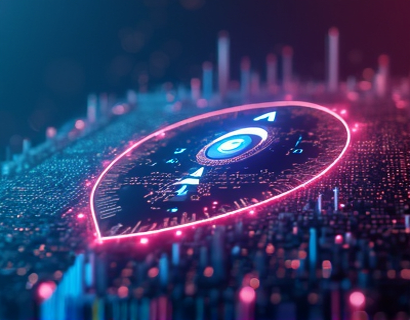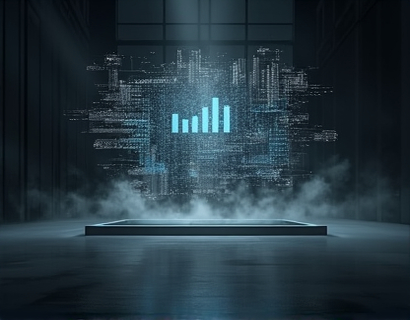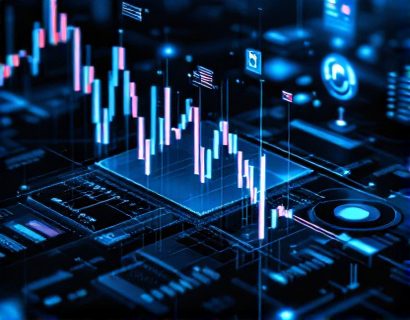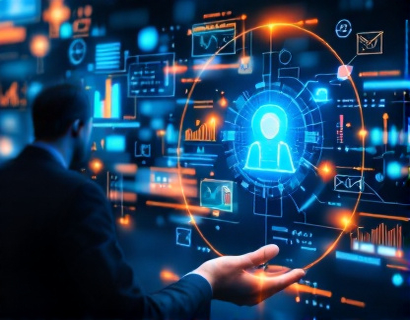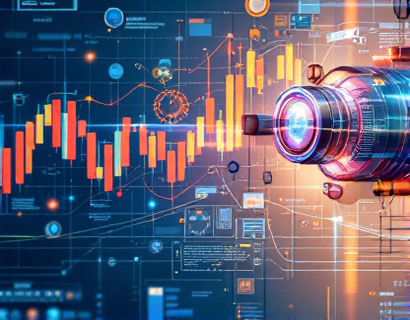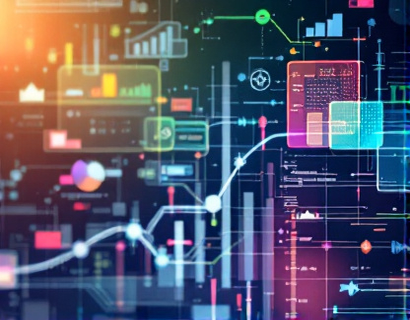Revolutionizing App Ecosystems: The Synergy of Crypto and AI
The integration of cryptocurrency and artificial intelligence is ushering in a new era of digital innovation, fundamentally transforming app ecosystems and enhancing user experiences. This convergence of technologies is not just a trend but a pivotal shift that promises to redefine how we interact with digital services. As we delve into this topic, it's essential to understand the foundational elements of both crypto and AI, and how their synergy is creating next-generation solutions.
Understanding Cryptocurrency and Artificial Intelligence
Cryptocurrency, at its core, is a digital or virtual currency that uses cryptography for security and operates on a decentralized network, typically a blockchain. This decentralized nature ensures transparency, security, and reduces the need for intermediaries. On the other hand, artificial intelligence involves the simulation of human intelligence processes by machines, particularly computer systems. These processes include learning, reasoning, and self-correction. When combined, these technologies offer unprecedented opportunities for innovation.
The Intersection of Crypto and AI
The intersection of cryptocurrency and AI is particularly exciting because it leverages the strengths of both domains. AI can enhance the functionality and security of blockchain networks, while blockchain can provide a robust and transparent framework for AI applications. This synergy is leading to the development of smart contracts that are not only executable but also intelligent, capable of making decisions based on predefined conditions and data analysis.
Enhanced Security through AI and Crypto
One of the most significant benefits of merging crypto and AI is the enhancement of security measures. AI algorithms can detect and mitigate potential threats in real-time, identifying patterns that indicate fraudulent activities or security breaches. In the context of blockchain, AI can optimize consensus mechanisms, making them more efficient and resistant to attacks. Smart contracts powered by AI can automatically enforce security protocols, ensuring that transactions are valid and secure. This dual-layer security approach is crucial for building trust in decentralized applications.
Smart Contracts and AI-Driven Automation
Smart contracts are self-executing contracts with the terms of the agreement directly written into code. When AI is integrated into smart contracts, these contracts become not only automated but also intelligent. AI can analyze complex data sets and make informed decisions, executing contract terms based on real-time data. For instance, in supply chain management, AI-driven smart contracts can automatically trigger payments when specific conditions, such as delivery confirmation, are met. This not only speeds up processes but also reduces the risk of human error and fraud.
Personalized User Experiences
The combination of AI and crypto is also revolutionizing how apps provide personalized user experiences. AI algorithms can analyze user behavior and preferences, offering tailored recommendations and services. In a crypto-enhanced ecosystem, these recommendations can be further refined using blockchain's transparency and immutability. For example, a decentralized finance (DeFi) platform can use AI to analyze a user's investment history and risk tolerance, then suggest optimal crypto assets to invest in, all while ensuring that the transaction history is secure and verifiable.
Decentralized Applications (DApps)
Decentralized applications, or DApps, are a prime example of the crypto and AI synergy. DApps run on a blockchain network and are controlled by users rather than a central authority. AI can enhance DApps by providing intelligent features such as predictive analytics, natural language processing, and machine learning-based recommendations. For instance, a decentralized gaming platform can use AI to create dynamic game environments and NPCs (non-player characters) that adapt to player behavior, offering a more engaging and personalized gaming experience.
Data Privacy and User Control
Data privacy is a critical concern in the digital age, and the combination of crypto and AI offers robust solutions. Blockchain's decentralized nature ensures that data is not stored in a single point of failure, reducing the risk of large-scale data breaches. AI can further enhance privacy by implementing advanced encryption techniques and zero-knowledge proofs, allowing users to prove ownership of data without revealing the data itself. This ensures that users maintain control over their personal information while benefiting from AI-driven services.
Tokenization and AI-Enhanced Marketplaces
Tokenization, the process of converting assets into tokens on a blockchain, is another area where crypto and AI intersect. AI can optimize tokenization processes by analyzing market trends, predicting asset values, and automating the issuance and trading of tokens. This leads to more efficient and transparent marketplaces. For example, in the real estate sector, AI can assess property values and market demand, while blockchain ensures transparent and secure transactions. Tokenized real estate assets can be bought, sold, and traded with greater ease and security.
Challenges and Considerations
While the potential of combining crypto and AI is vast, there are challenges that need to be addressed. Scalability remains a significant issue for blockchain networks, and AI algorithms require substantial computational resources. Ensuring interoperability between different blockchain platforms and AI systems is also crucial. Additionally, regulatory frameworks must evolve to keep pace with these technological advancements. Addressing these challenges will be essential for the widespread adoption of crypto and AI-driven solutions.
Future Prospects
The future of app ecosystems with the integration of crypto and AI is promising. As technology continues to advance, we can expect more sophisticated and seamless integrations. The development of more efficient consensus mechanisms, advancements in quantum computing, and improvements in AI algorithms will further enhance the capabilities of these combined technologies. The potential for creating decentralized, secure, and intelligent app ecosystems is immense, paving the way for a new digital paradigm where connectivity and intelligence converge.
In conclusion, the synergy between cryptocurrency and artificial intelligence is not just a technological curiosity but a transformative force that is reshaping app ecosystems. By leveraging the strengths of both domains, we can create more secure, efficient, and personalized digital experiences. As tech enthusiasts and early adopters, staying informed about these developments is crucial for navigating the evolving digital landscape.



